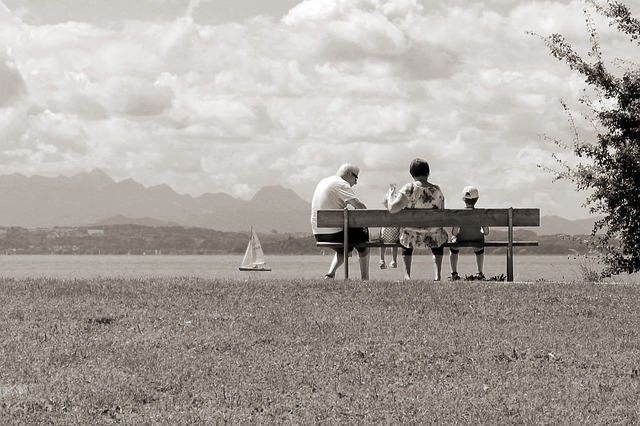- Calls to this hotline are currently being directed to Within Health or Eating Disorder Solutions
- Representatives are standing by 24/7 to help answer your questions
- All calls are confidential and HIPAA compliant
- There is no obligation or cost to call
- Eating Disorder Hope does not receive any commissions or fees dependent upon which provider you select
- Additional treatment providers are located on our directory or samhsa.gov
Family, Environment and Body Image: Make the Connection, Choose to Change

Contributor: By Julie Raymond, MA, LPC, Eating Disorder Specialist, Timberline Knolls
What a person believes and what they value, is a compilation of so many diverse factors. Much is due to environment.
The social environment shapes an individual in direct and indirect ways. Influential peers, leaders and family members may choose vegetarianism due to a commitment to animals; another may train for marathons as a way to test their ability, strength and endurance. Both can encourage positive traits in a child.
Conversely, other influencers may choose vegetarianism as a method of reducing fat and calories in the diet; or may run excessively, not as a personal challenge, but to control their weight. Both of these may be perceived as altogether different messages to a young person, and mistaken interpreted as an over valuation of weight or appearance.
How Culture and Community Influence a Belief System
Similarly, the environment, meaning the culture and community in which one grows up, can strongly influence a belief system. Unfortunately, today’s messages seem to embrace the same theme. Culturally, media advertisements, magazines, television shows are consistently focused on diets, weight loss and the necessity to be thin.
This is reinforced in every aspect of social media, whether it is pro-eating disorder websites or the obsession with selfies. Our society is largely “weight-ist,” extending more power and unearned privileges to those who are thin than those who are not.
The Influence of Peer Groups, School, and Sports
In terms of community, an individual’s peer group, school or involvement in sports may influence how the individual sees themselves. If a child is brought up in a more affluent environment, the pressure to be perfect may increase. Perfectionism is often associated with thinness.
Even the nationwide campaign to combat obesity, while well-intended, sends certain messages to young people. Fat is bad is certainly one of them.
Family and Environment

This same woman might also take a moment to consider her values and how they line up with the way she lives. She may value happiness and freedom, fairness and kindness. If she is constantly dieting, she is not enjoying life and she is certainly not free. Holding the thin ideal against herself is basically unfair. If she engages in negative talk about other women to help her feel better, she is not being kind.
No one can “undo” the past; but through examination and heightened awareness, anyone can overcome belief systems that may have been established in early life.
Community Discussion – Share your thoughts here!
What steps have you taken to encourage positive talk within yourself and within your family? What words of encouragement do you say?
The opinions and views of our guest contributors are shared to provide a broad perspective of eating disorders. These are not necessarily the views of Eating Disorder Hope, but an effort to offer discussion of various issues by different concerned individuals.
Last Updated & Reviewed By: Jacquelyn Ekern, MS, LPC on June 11th, 2015
Published on EatingDisorderHope.com
